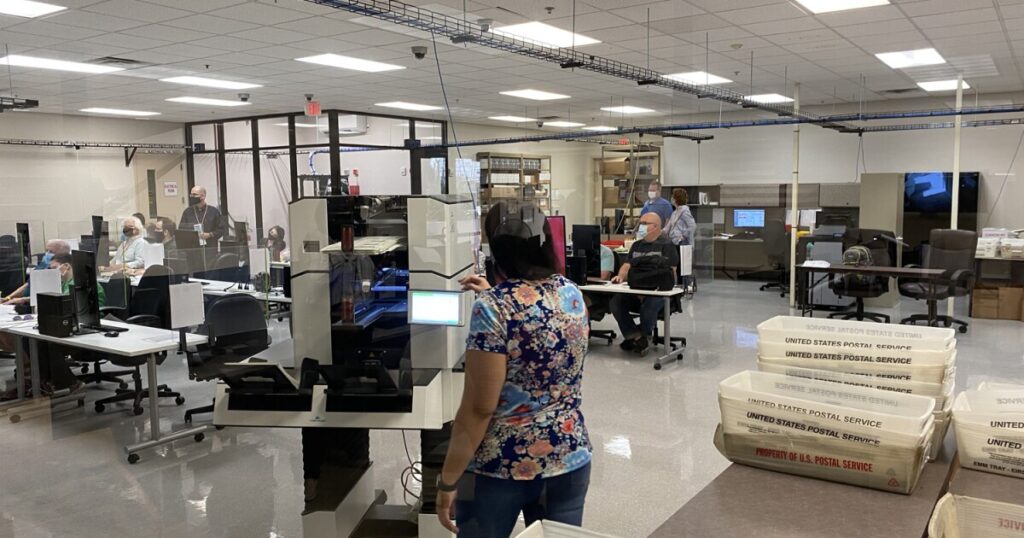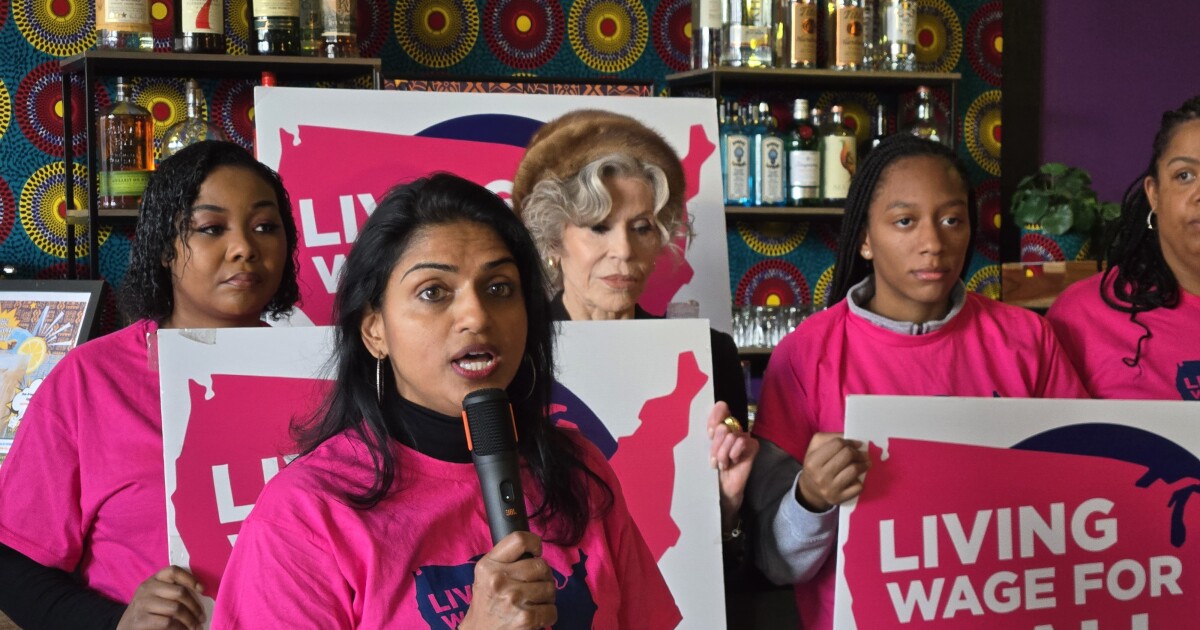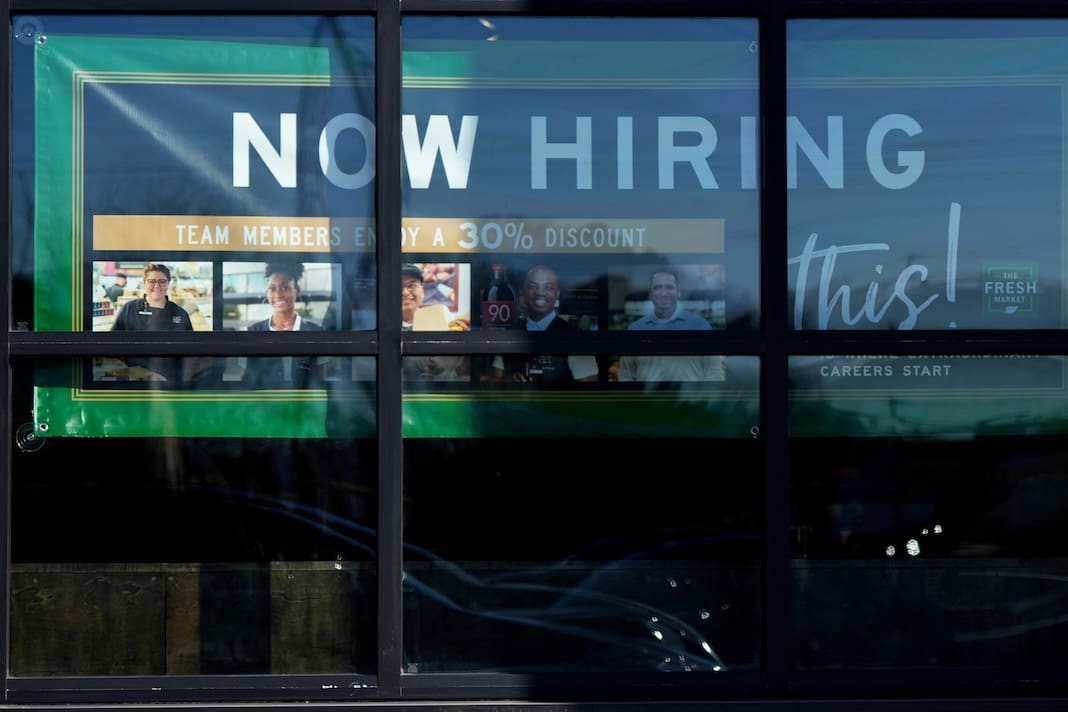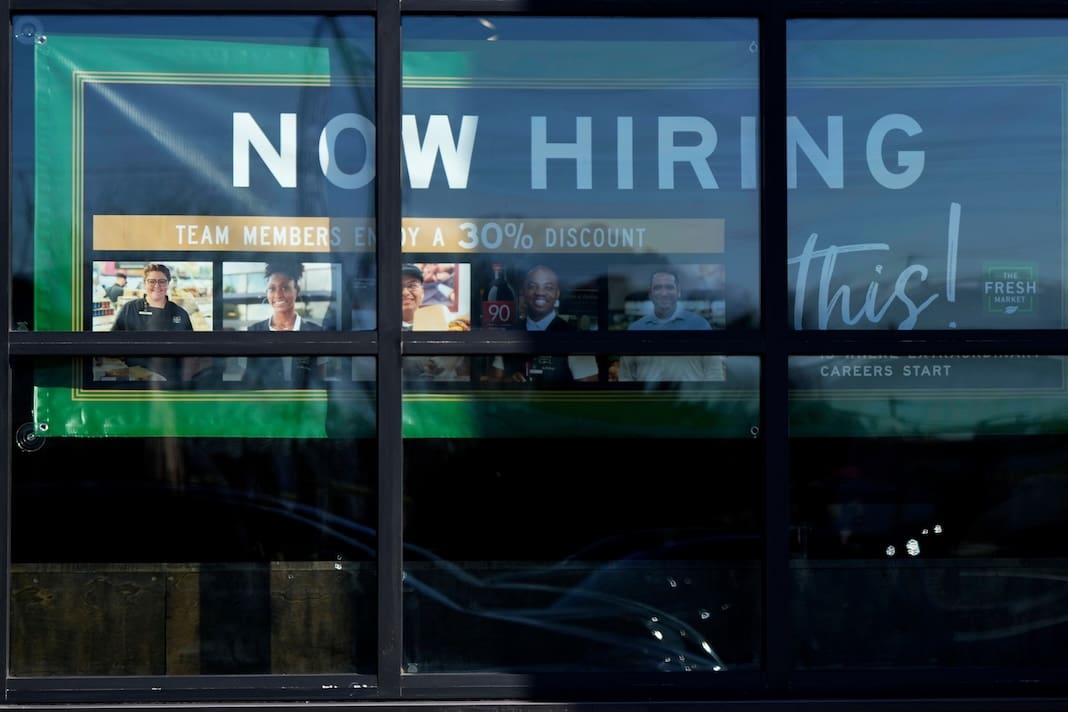In Maricopa County, a legal dispute has unfolded over the auditing of election systems, with the Board of Supervisors and Recorder Justin Heap agreeing on the need for an audit but clashing over the management of the process.
This disagreement was highlighted during a recent Maricopa County Superior Court hearing. Recorder Heap is seeking to halt the board’s plan to allow a third-party contractor access to joint technology systems, including the voter registration database.
Heap initiated legal action against the board after they appointed The Intersect Group to provide recommendations on how to divide the intertwined election management systems shared by the board and the recorder’s office, aiming to settle a power struggle over election control. More details on the legal case can be found here.
Control Dispute
Kory Langhofer, representing the supervisors, explained to Judge Scott Blaney that the board was acting on Heap’s earlier request for an audit and consultant, which included a budget request of $150,000.
However, Heap’s attorney, James Rogers, countered this claim, arguing that the Recorder’s Office is sidelined under the current contract with The Intersect Group.
Although Heap’s staff retains necessary access to the systems, they lack oversight over the contractor or the audit, which Rogers claims breaches state law. He emphasized that state laws grant the recorder authority over the voter registration database and, by extension, the audit of the encompassing system.
“So if the county wanted to do this, they could have, but as our briefing showed, as all the papers show, the Recorder asked for this, and he was shut out,” Rogers stated.
This conflict traces back to an agreement by former Recorder Stephen Richer and the Board of Supervisors in 2024, which restructured election management and placed the recorder’s IT staff under the board’s supervision. Heap dissolved this agreement upon taking office, asserting it unlawfully stripped powers from his office. More about Heap’s lawsuit is available here.
Risk and Expertise
Judge Blaney expressed concern over the allegations that the board’s contractor choice could endanger voter information and election system integrity. Bryan Colby, the Recorder’s chief information officer, testified, highlighting these risks.
Langhofer challenged Colby’s testimony, noting Colby’s IT industry experience but lack of election or government background. Colby argued that allowing The Intersect Group access to election systems could expose sensitive voter data and increase cyberattack risks. Despite this, he acknowledged no evidence suggesting the contractor would misuse data.
County officials assured protective measures, such as non-disclosure agreements and background checks for the contractor, are in place. Nate Young, the county’s deputy chief information officer, clarified that contractor access is limited to testing environments, with additional checks before live system changes.
Challenges of System Separation
Colby advocated for using internal staff to separate election systems, criticizing the board’s decision to hire The Intersect Group for a lengthy audit as unnecessary and wasteful. He estimated it would take internal staff two to four weeks, compared to the contractor’s 14-week timeline.
Langhofer disputed this, citing the complexity of the interconnected systems managed by the board, which handle election tasks like ballot development and poll worker recruitment. Maricopa County Elections Director Scott Jarrett explained the system’s integrated nature, complicating separation efforts.
Colby admitted under questioning that he hadn’t consulted the staff members he proposed could handle the separation internally.
Judicial Decision Pending
Judge Blaney intends to make a swift ruling on Heap’s request to halt the audit but encouraged both parties to seek a resolution outside the courtroom.
“The court does not like to get involved in political issues,” Blaney noted, emphasizing the preference for political branches to address such matters.
—
Read More Arizona News










